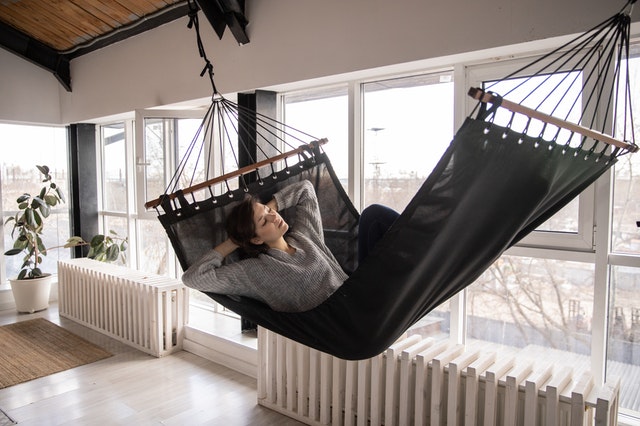From Mexico in the South to Canada in the North, homeowners want to take control of their energy consumption. Awareness about the factors that drive an increase in your energy bill helps to manage your spending as well as the impact of your home to the environment. Many factors influence whether you spend more on heating or cooling. In this article, we will discuss all you need to know about this home management issue.
Regional differences play a role
Apart from the region you live in and the typical weather conditions associated with it, you have several indicators that you can monitor to determine if your AC consumption costs more or your heating.
Some experts in the energy industry believe that heating in the winter costs more than cooling in the summer. However, this claim doesn’t make sense if you live in hot and humid places such as Florida or Texas. The opposite applies if you live in a colder climate. Many cities in the northern part of Canada and the USA rarely need to cool their homes.
If you are planning to relocate, energy consumption considerations might be just as crucial as location or moving costs. While it is easy to move quickly and efficiently with the help of a professional mover, be sure to take into account energy waste as a factor as well.
What’s more, is if we put aside the region you are from, in most cases the heating costs may end up being twice as high as cooling. If your home is old or poorly insulated, that figure might be even higher.
Overall costs of energy consumption
The HVAC unit will expend more than 50% of total energy consumption in most homes. This means that anything you can do to reduce your energy consumption will be more than worth it. For example, the functioning of AC systems is quite complex as they have several components. That is why your energy bills might not be negligible in the summer. However, if you notice that your bills are soaring while your usage isn’t, there might be something else that is driving the costs up.
Poor efficiency of the HVAC system
Every HVAC unit should have an efficiency rating following the standards applicable to your country or area. It is obvious that newer systems are more efficient than older models. If your HVAC system is more than eight years old, it might progressively consume more energy. Hence, upgrading your HVAC system might solve the problem. In most cases, you can compare the SEER energy efficiency ratings to make an informed decision.
Except for age, other causes might run up your bill too. For instance, changing your air filter as recommended by the manufacturer (generally every 2 months) should improve the efficiency of the HVAC unit. A clogged air filter reduces the airflow of your cooling system and thus, wastes more energy to keep it running. Dirty filters can also contribute to bad air quality, giving rise to allergies and other health problems. Not to mention regular yearly maintenance also resolves efficiency problems.
Poor insulation might drive up heating or cooling costs
Insulation is a huge influencing factor for heating and cooling costs. It enhances the air-tightness of your walls, doors, and floors and keeps the warm or cool air from escaping. It also isolates sound. Signs of poor insulation are draft, noise entering the room when someone lives above you, and higher energy bills. If the latter has been out of control lately, definitely consider upgrading your insulation. Changing your windows or weatherstripping can also make a big difference in terms of insulation and, in turn, utility bill management.
Air leaks
Air leaks can also drive up the heating and cooling costs. Apart from poor insulation, they can also happen due to problems in the ductwork sending the air from the AC or heating into other rooms. Check for leaks in the ducts while your air conditioner or heating is running. You may also hear hissing or rattling noises in some cases. However, smaller leaks may not give any warning sounds, which is why it helps to hire a certified HVAC technician to examine the entire HVAC system.
Thermostat problems
Finally, the thermostat might be the main culprit in heating or cooling costs. Your cooling costs could exceed the heating costs if the thermostat isn’t communicating well with the AC system. As a result, the cooling system might require more time to cool the room. Furthermore, if your thermostat is placed under direct sunlight, the detected temperature might lead to more significant expenditure in that it cools the air too much. Likewise, if the thermostat is in a colder part of the house, the heating costs might increase.


.jpeg?width=640&name=Heating%20or%20Cooling%20-%20Which%20Costs%20You%20More%20(1).jpeg)
.jpeg?width=640&name=Heating%20or%20Cooling%20-%20Which%20Costs%20You%20More%20(2).jpeg)